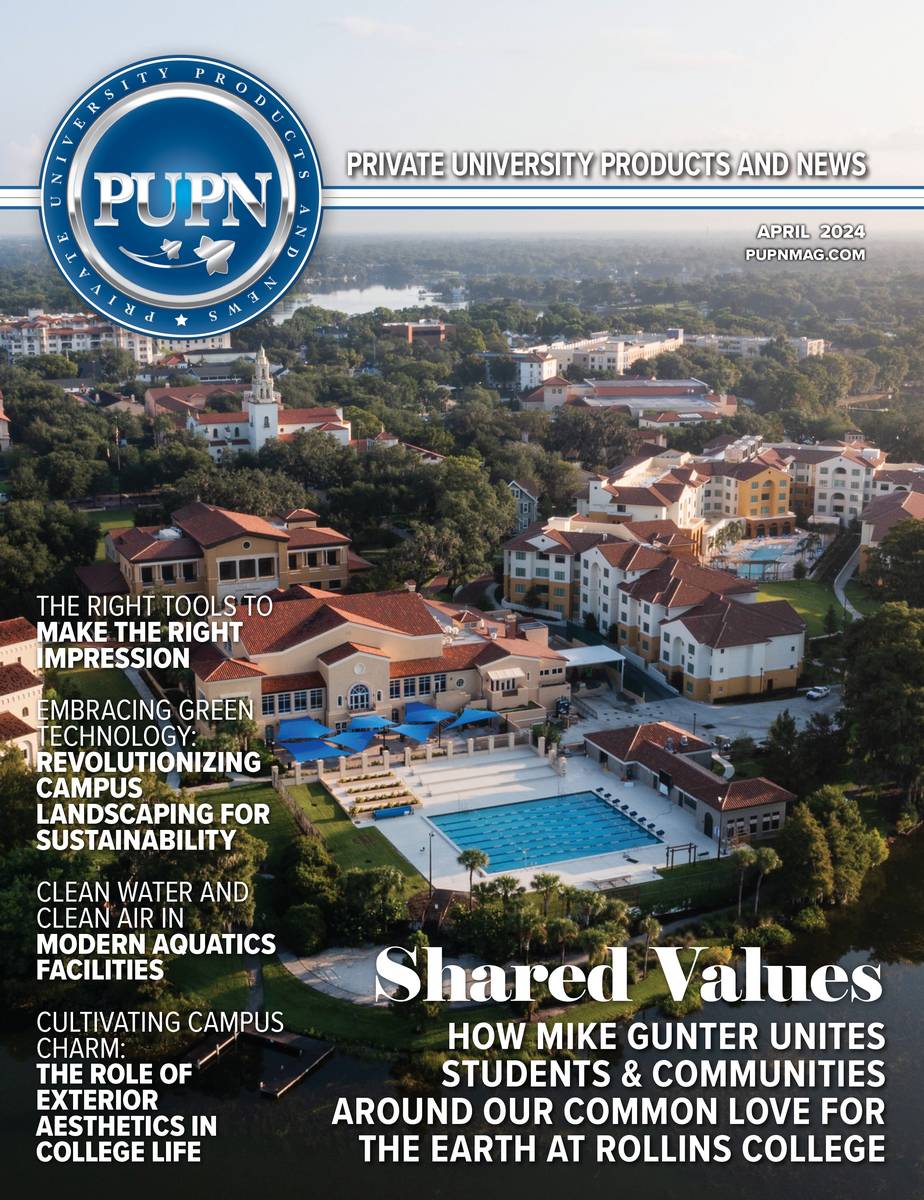Zora! Festival
As part of her push to mentor students and work within the community, Robinson joined with other professors and students to begin a support group for African American women at the university where she previously worked. This group focused on supporting members as they developed proposals for conferences, journals, and books. Ever a mentor, Robinson also organized composition and rhetoric graduate students of all backgrounds in similar ways, and the panels she guided were routinely accepted at national conferences. Robinson secured funding to take student presenters from the African American women’s academic support group to the Zora! Festival of Arts and Humanities in Eatonville, Florida.
This festival is the world’s longest-running arts and humanities gathering celebrating the African diaspora. Festival Chair N.Y. Nathiri remembers being impressed by Robinson’s contingent of students. She credits Robinson for providing a model of academic mentorship that other colleges and universities now use in preparing student presentations. Nathiri says Robinson led by example, energizing the festival’s academics committee and paving the way for many more student presenters in the ensuing years. Festival organizers had been looking for ways to include students on an intergenerational scholarly path, but they had lacked a blueprint for developing student engagement.
By working within the African American women’s support group to mentor students as they developed their presentations, Robinson provided that template for other colleges to emulate. Robinson now serves as one of the yearly festival’s volunteer academic planners; according to Nathiri, this group is a “brain trust” of respected scholars from the Ivy League, HBCUs, and museums across the country.
Connecting Students to Residents
At the Zora! Festival, Robinson met Alberta McCrory, mayor of Hobson City, Alabama— the oldest Black municipality in the state. As part of the Historic Black Towns and Settlements Alliance (HBTSA), McCrory urged Robinson to begin community-engaged work in Hobson City. Robinson began connecting her students to the Hobson City community, teaching a course in oral history methodology by collecting oral histories from Hobson City residents. In a rhetorical history class which usually included archival work, she worked alongside students as they began organizing and doing the work of creating a community-based archive for Hobson City from scratch.
To extend the opportunities for her students, Robinson submitted a successful grant to the National Endowment for the Arts, funding a PhotoVoice project with young Black Hobson City women. Dr. Margaret Holloway, Assistant Professor of English at Clark Atlanta University, is one of Robinson’s former students and mentees who participated in the Hobson City initiatives; her doctoral research included information from the Hobson City oral histories and the PhotoVoice project.
Holloway appreciates Robinson’s mentorship, both in grad school and afterward, asserting that Robinson continues to share both academic and professional resources. Holloway credits Robinson for helping her to secure and navigate her first tenure-track job: even when Holloway faced challenges, she says that Robinson “has been a light, reassuring me that things are going to be fine.
Expanding the Work
As the HBTSA wanted to duplicate Robinson’s project in other communities, some historically Black colleges and universities (HBCUs) such as Tuskegee wanted to be university partners; Nathiri terms these relationships “natural alliances.” Robinson secured a sizable grant from the Andrew W. Mellon Foundation earmarked for Community Archives of Historic Black Towns and Settlements.
This grant is designed to scale up her original partnership, targeting six HBCUs and Black town as collaborators in making the stories of these spaces accessible, transparent, and more widely known. Such work can help with an area’s economic development. As Robinson says, “These spaces are cool—they just need someone to tell their stories and create visibility”—just as Eatonville, with the Zora! Festival, has told the story of Zora Neale Hurston.
Pivotal Leadership
Nathiri, who is also the Executive Director of Association for the Preservation of the Eatonville Community, says that the six projects funded by the Mellon grant provide another example where Robinson’s leadership has been “pivotal.”
These Mellon grant-funded partnerships— based in Alabama, Georgia, Louisiana, Mississippi, and Texas—focus on a variety of projects targeted at each individual community’s needs, including community-based archival work, creation of an African American church trail, and other projects articulating the histories of these spaces.
Each partnership includes a faculty member, six students from a variety of disciplines, and a community member (usually the mayor); these representatives collectively orchestrate their local historic preservation project. In addition to her work with the Mellon grant, Robinson now also serves on the HBTSA board as the Vice President for Education Matters. “In each of these settings, she is a respected leader. She will step up, and she will follow through,” says Nathiri.
Writing as a Black Feminist
In other academic spaces, she says, “I’d been advocating for this sort of pedagogy for years; I had become this sort of go-to person to speak up about including Black voices and creating classroom communities. At Spelman, I didn’t have to make these arguments about why these choices are valuable. I don’t need to justify my work, to explain why it’s important anymore.”
After taking her current position at Spelman College in 2017, Robinson has continued her mentorship, community- engaged work, and emphasis of African-American voices. In addition to first-year composition, Robinson often teaches a Black Feminist writing craft course in which the students address the question, “What does it mean to write as a Black Feminist?”
Part of Robinson’s job is to mentor instructors teaching who are not writing specialists because the program envisions writing as something the students continually build on. The program also functions to empower the advocacy work to which many of the students are committed. As a long-time advocate of inclusivity and the value of African American rhetoric—as well as continually championing the value of works produced by Black writers and scholars—Robinson has been delighted with her work and colleagues at Spelman.
Putting the Personal into the Political and Practical
Not only does she revel in having colleagues with shared sensibilities, she relishes teaching classes full of Black women who are eager for mentorship, collaboration, and content focusing on African American rhetoric. Asia Reese, Spelman College third year student, is one of those students.
Robinson is her “Mellon mentor” for Spelman’s work with Hobson City, and she says that Robinson has helped her understand how community engagement can work in tandem with community development. Reese, who hopes to become a college professor herself, says she has learned a great deal from Robinson, both about Black history and about teaching.
As Reese says, “Dr. Robinson puts the personal into the political and the practical.” Reese admires Robinson’s “maternal pedagogy,” noting that she will emulate Robinson’s habit of making “space for students to vent and to see how class content resonates in their lives.” Reese appreciates Robinson’s acceptance of her students as people; as she says, “Dr. Robinson lets my whole self show up.” In reflecting on her move from a primarily white, co-educational institution to Spelman, Robinson says that, for her, “Blackness and womanhood are part and parcel of one another”; she “moves through the world as an intersectional being.”
She notes that many Black feminists take issue with mainstream feminism because it doesn’t always acknowledge the struggles of Black and other marginalized people. At Spelman, however, she says that “the students I teach push for an acknowledgment of both things at the same time. All of my pedagogy is hinged on that. I’m a feminist pedagogue in terms of theory. In a typical class, I have lots of focus on community, and here, my students are already focused on community—I don’t have to drive that.”
Radical Inclusivity
Another welcome aspect of the move to Spelman is the college’s commitment to radical inclusivity. Even though female pronouns are standard at the women’s college, many students don’t identify themselves that way, and Spelman is a queer-inclusive space.
The entire administration, according to Robinson, is dogmatically inclusive. When students apply, they must be living and identifying as female, but students who transition to male after acceptance to Spelman are allowed to continue to graduation. These campus-wide commitments support Robinson in her efforts to create inclusive classroom communities.
On the National Stage
Robinson excels on the national stage in a number of arenas. She currently serves on the Executive Committee of the Conference on College Composition and Communication (CCCC); she is also the Membership Director for the CCCC Black Caucus, and she has received The CCCC Research Initiative Award. Robinson co-edited The Routledge Reader of African American Rhetoric, and she has published in The Alabama Humanities Review, Peitho: Journal of the Coalition of Feminist Scholars in the History of Rhetoric & Composition, and the Journal of Social Work Education.
In her work of pairing colleges and community partners, Robinson provides a model for all institutions of higher learning— to create classroom communities working in tandem with off campus groups, to help students explore the intersections of academic, social, political, and personal interests, and to continually strive to learn from people of many backgrounds.










